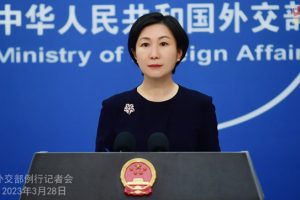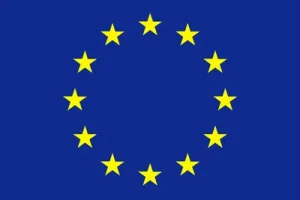Dar es Salaam, Tanzania – Tanzania has moved to restrict access to the social media platform X (formerly Twitter), with the government citing the presence of pornographic content as the reason for the block. Information Minister Jerry Silaa stated that such material contravenes the East African nation’s “laws, culture, customs, and traditions.”
The restriction on X has been reported by Tanzanians over the past two weeks, coinciding with heightened political tensions and a notable hacking incident involving the official police X account, which displayed illicit content and a false report about the president’s death.
A local rights group, the Legal and Human Rights Centre (LHRC), has described the minister’s comments as indicative of a “troubling pattern of digital repression” ahead of crucial presidential and parliamentary elections scheduled for October. The LHRC highlighted that the platform faced similar shutdowns before the 2020 election, raising “serious concerns about the openness of digital space” in the country.
Beyond X, other popular digital services, including the social audio app Clubhouse and the messaging service Telegram, are also reportedly inaccessible without the use of Virtual Private Networks (VPNs). The LHRC noted the government’s continued use of X by officials and public institutions despite the block, calling this inconsistency a source of public confusion that “undermines the credibility of the government’s position.”
Minister Silaa linked the ban directly to X’s 2023 announcement that it would no longer restrict “consensually produced and distributed” adult content, specifically mentioning “same-sex pornographic content” as a breach of Tanzania’s online “ethics guidelines.” He added that this action is part of a wider effort to ensure online platforms comply with national laws, citing instances where certain content on YouTube is also made inaccessible.
The internet watchdog Netblocks initially reported X’s unavailability on May 20, following the hacking of the police account. Additionally, pornographic content was reported on the hacked YouTube account of the tax authority by AFP news agency.
The hacking incidents coincided with a government crackdown on Kenyan and Ugandan human rights campaigners who had travelled to Tanzania to support opposition leader Tundu Lissu. Lissu has been detained on a treason charge after vowing to lead a boycott of the upcoming elections unless electoral laws are reformed to ensure a free and fair poll. He denies the charge, calling it politically motivated.
Among those deported was Kenya’s former Justice Minister Martha Karua, who arrived in Dar es Salaam for Lissu’s court appearance. Kenyan activist Boniface Mwangi and Uganda’s Agather Atuhaire were allowed entry but subsequently detained for several days.
Upon returning home, Atuhaire informed the BBC that she had been blindfolded, “violently” stripped, and sexually assaulted during her detention. Mwangi also reported being sexually abused and coerced into expressing gratitude to the president. Dar es Salaam’s police chief has dismissed these allegations as “opinions” and “hearsay.”
Regional rights organizations and Amnesty International have called for an investigation into the alleged “inhuman” treatment. President Samia Suluhu Hassan has stated that her government will not tolerate activists from other East African states “meddling” in Tanzania’s affairs or “causing chaos.”
President Hassan, who assumed office in 2021 after the death of her predecessor John Magufuli, was initially praised for fostering greater political freedoms. However, critics now accuse her of exhibiting similar authoritarian tendencies as she prepares to contest her first election as the ruling party’s presidential candidate. The government maintains that Tanzania remains a stable democracy and that the upcoming poll will be free and fair.





Add Comment